
Google has dropped its antitrust complaint against Microsoft in the EU
Just last year, Google lodged an antitrust complaint against Microsoft in the EU. Now, a week into the probe by investigators, Google has had a change of heart and has withdrawn the complaint.
The 2024 complaint was filed by Google Cloud, with Microsoft accused of trying to lock users into its Azure product through licensing of Windows, Office and other software. Just last week, the European Commission launched a series of investigations, and this has been the catalyst for Google’s complaint withdrawal.
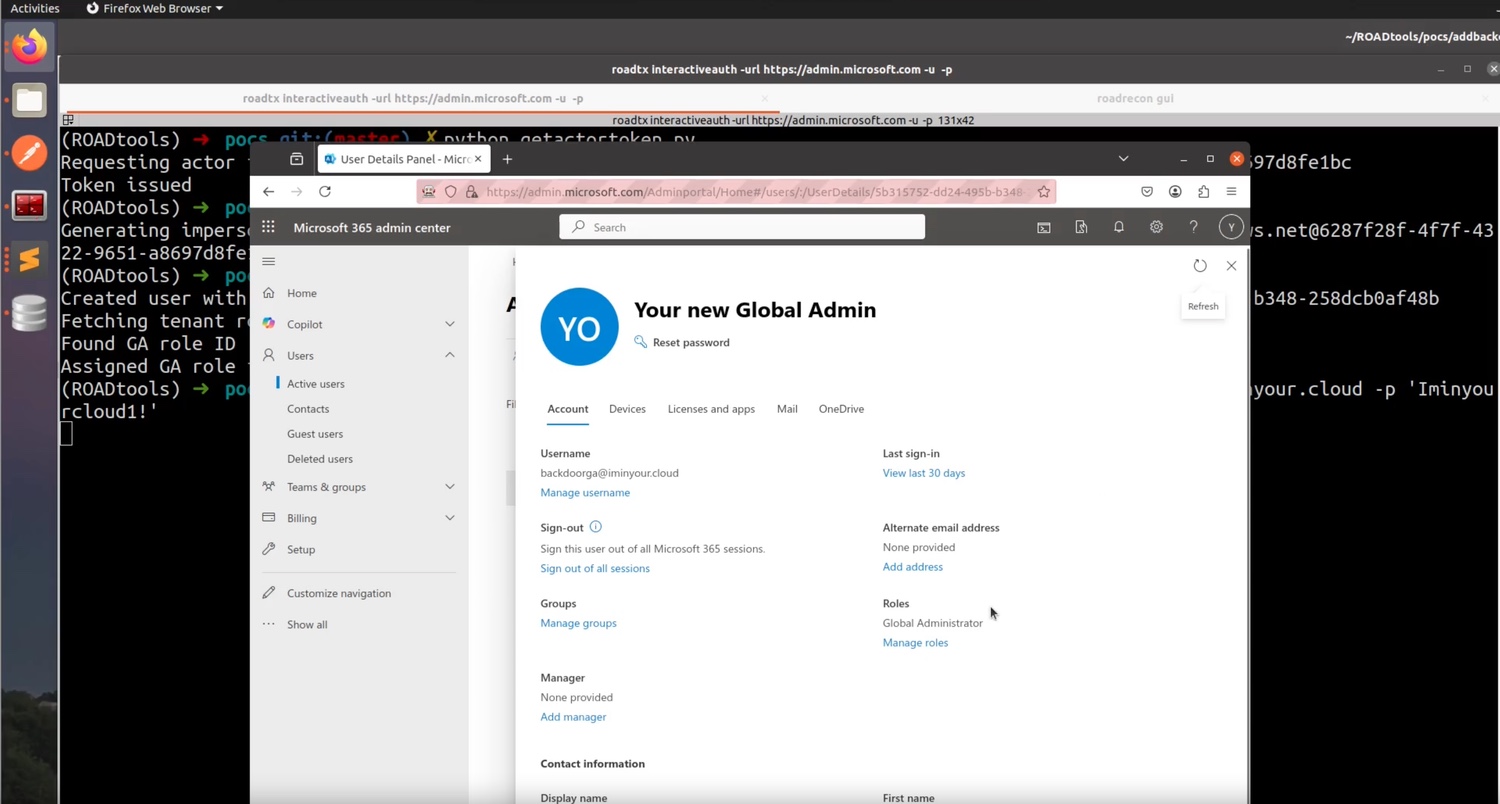
Microsoft patches terrifyingly serious Entra ID privilege elevation vulnerability
Details have emerged about a now-patched flaw in Microsoft Entra ID which could have been exploited to gain access to any tenant of any company in the world.
Tracked as CVE-2025-55241, the Azure Entra Elevation of Privilege Vulnerability has a CVSS 3.1 severity rating of 10.0. The security researcher who discovered the flaw said that he had “found the most impactful Entra ID vulnerability that I will probably ever find. This vulnerability could have allowed me to compromise every Entra ID tenant in the world”.

SMEs need to get a grip on their cloud costs
According to the Office for National Statistics, in late May 2025, 77 percent of UK businesses with 10 or more employees reported that their staffing costs, covering wages, bonuses, national insurance (NI) and pension contributions, had increased over the preceding three months; a rise of 41 percent since late February 2025, and a 17 percent rise from the year before.
In the light of this Brian Sibley, Virtual CTO at Espria, says clear and concise billing models for the cloud are needed for a wholly comprehensive understanding and urges businesses to urgently assess their MS Azure subscriptions to reduce costs and improve services.

Why MSPs are the key to a better enterprise cloud experience [Q&A]
In recent years more and more organizations have been turning to the cloud for their IT requirements.
But with public, private and hybrid options to choose from the cloud landscape is complex. It's no surprise then that enterprises are increasingly leveraging MSPs to manage their public cloud deployments for them.

Critical vulnerabilities found across all cloud providers
A new report from CyCognito highlights critical security vulnerabilities across cloud-hosted material, revealing that one in three easily exploitable vulnerabilities or misconfigurations are found on cloud assets.
Though uncommon, critical vulnerabilities (CVSS 9.0 or higher) have been detected on assets hosted by all cloud providers, with assets hosted by Azure showing a slightly higher percentage (0.07 percent) compared to assets hosted by AWS and Google Cloud (0.04 percent).
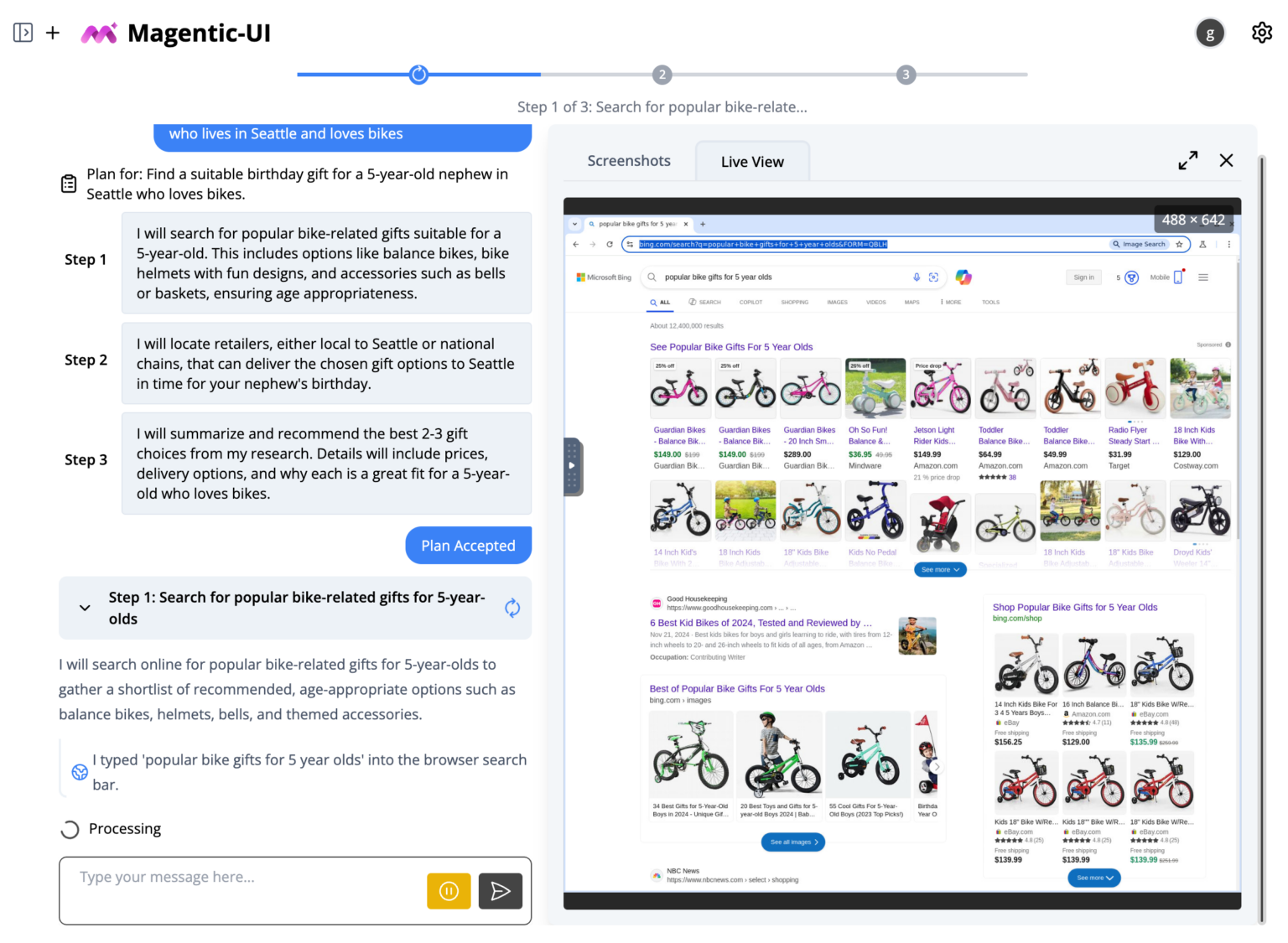
Microsoft Magentic-UI is an open source AI tool that lets humans stay in control
In a world full of AI agents seemingly trying to take control away, Microsoft has done something surprisingly refreshing -- it is handing the wheel back to the user.
With the launch of Magentic-UI, a new open source research prototype, Microsoft is inviting developers and researchers to explore a different kind of AI assistant. One that doesn’t just act on its own, but actually collaborates with people in a transparent, controllable way.

Microsoft vulnerabilities hit a record high in 2024
The latest annual Microsoft Vulnerabilities Report from BeyondTrust, reveals a record-breaking number of reported vulnerabilities last year.
Total vulnerabilities reached an all-time high of 1,360 in 2024, an 11 percent increase from the previous record of 1,292 in 2022. Elevation of Privilege (EoP) vulnerabilities comprised 40 percent of all those reported.

The cost conundrum of cloud computing
For most businesses, change is driven by the need to reduce risk and innovate, while optimizing cost and return on investment. In the case of cloud adoption, the powerful functionality offered by these platforms enable businesses to streamline, optimise, and make their workflows more efficient which, in turn, helps reduce costs. Organizations are always looking for the best solutions for optimizing efficiency and reducing costs, particularly in uncertain economic times.
Yet, in reality, migrating to the cloud does not always bring the cost optimization and savings that an organization is looking to benefit from. Depending on which cloud solution is being evaluated, along with how the solution is designed, built, and deployed, the result may not deliver on the project’s original goals.

Microsoft increases its focus on artificial intelligence by creating a new CoreAI team
Microsoft continues to bet big on AI and the company has created a new artificial intelligence engineering division called CoreAI. The new development-focused unit is headed by Jay Parikh -- once Meta's VP and global head of engineering -- and the intention is to speed up AI infrastructure and software development at Microsoft.
CEO Satya Nadella describes 2025 as being "about model-forward applications that reshape all application categories". Nadella clearly wants to power forward in what he says is the "next innings of this AI platform shift".
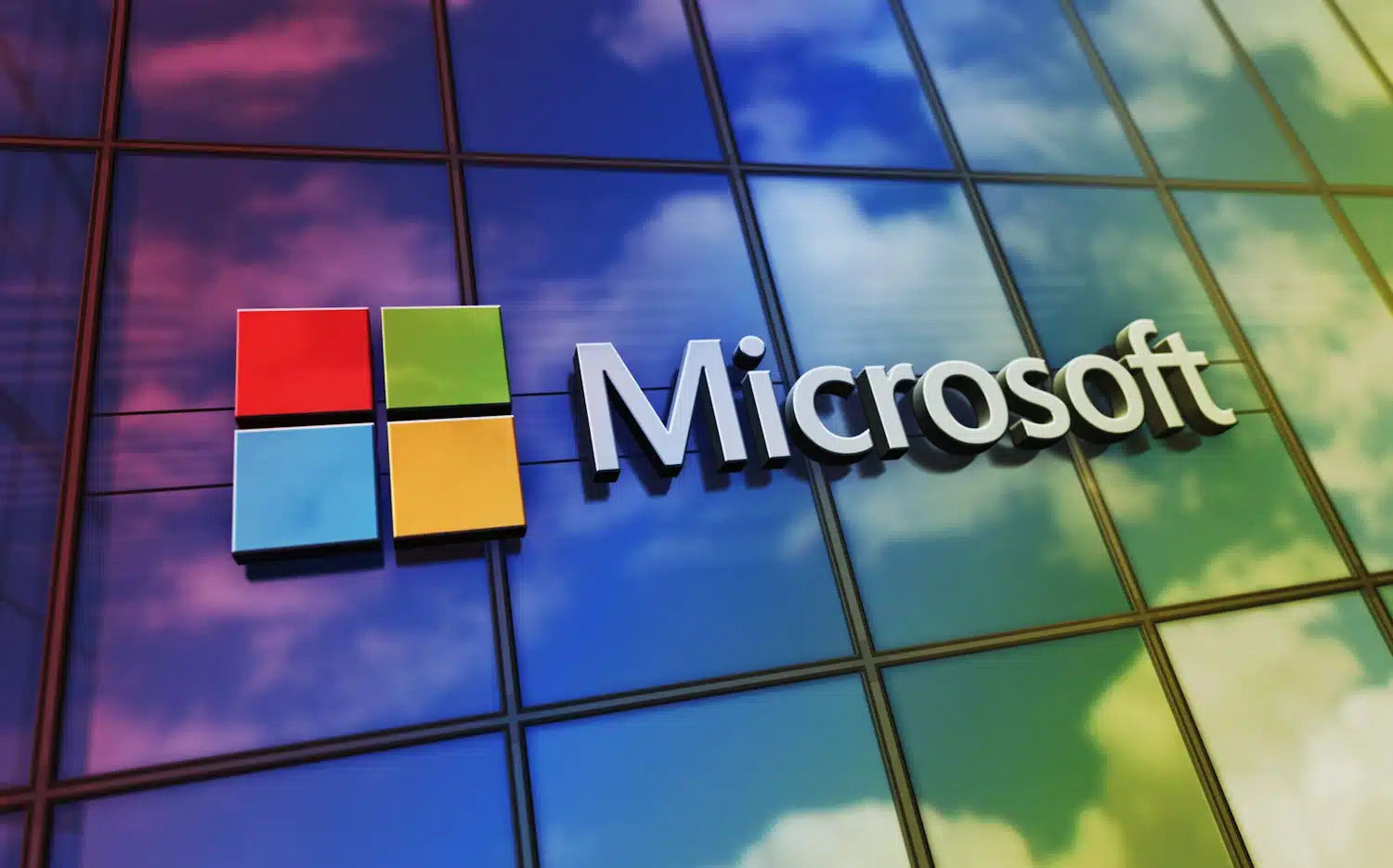
Microsoft faces massive class action payouts in cloud computing pricing case
Microsoft could be hit with over £1 billion ($1.27 billion) in charges if a huge class action case brought against the firm by UK businesses succeeds.
The case centers around Windows Server, with Microsoft being accused of overcharging customers for the software. The licensing terms of the associated Azure, the lawsuit says, mean that users are channelled towards using Microsoft’s cloud offering because it pushes up the prices of services from rivals like Google and Amazon.

Microsoft and Atom Computing set to launch commercial quantum computer next year
Quantum computing has up to now been one of those things that's always seemed to be on the horizon but just tantalizingly out of reach.
Now though, Microsoft in partnership with Atom Computing have used the Ignite conference to announce a breakthrough in quantum computing that they say will allow them to deliver quantum computers based on this technology to commercial customers next year. Those machines will feature over 1,000 physical qubits.

Azure outages should spark new urgency for a multi-cloud approach
July 19th 2024 will go down as a tough day for many IT teams, and the day started even worse for businesses using Microsoft Azure and its supported services. In addition to the widely publicized global outage caused by a CrowdStrike update, Microsoft Azure's Central US Region was down for five hours due to an unrelated failure, impacting millions of business users worldwide.
As if that wasn't enough, less than two weeks later, Microsoft Azure experienced another global outage lasting more than six hours. According to the company's service status page, it was Microsoft's 8th service status-related incident.
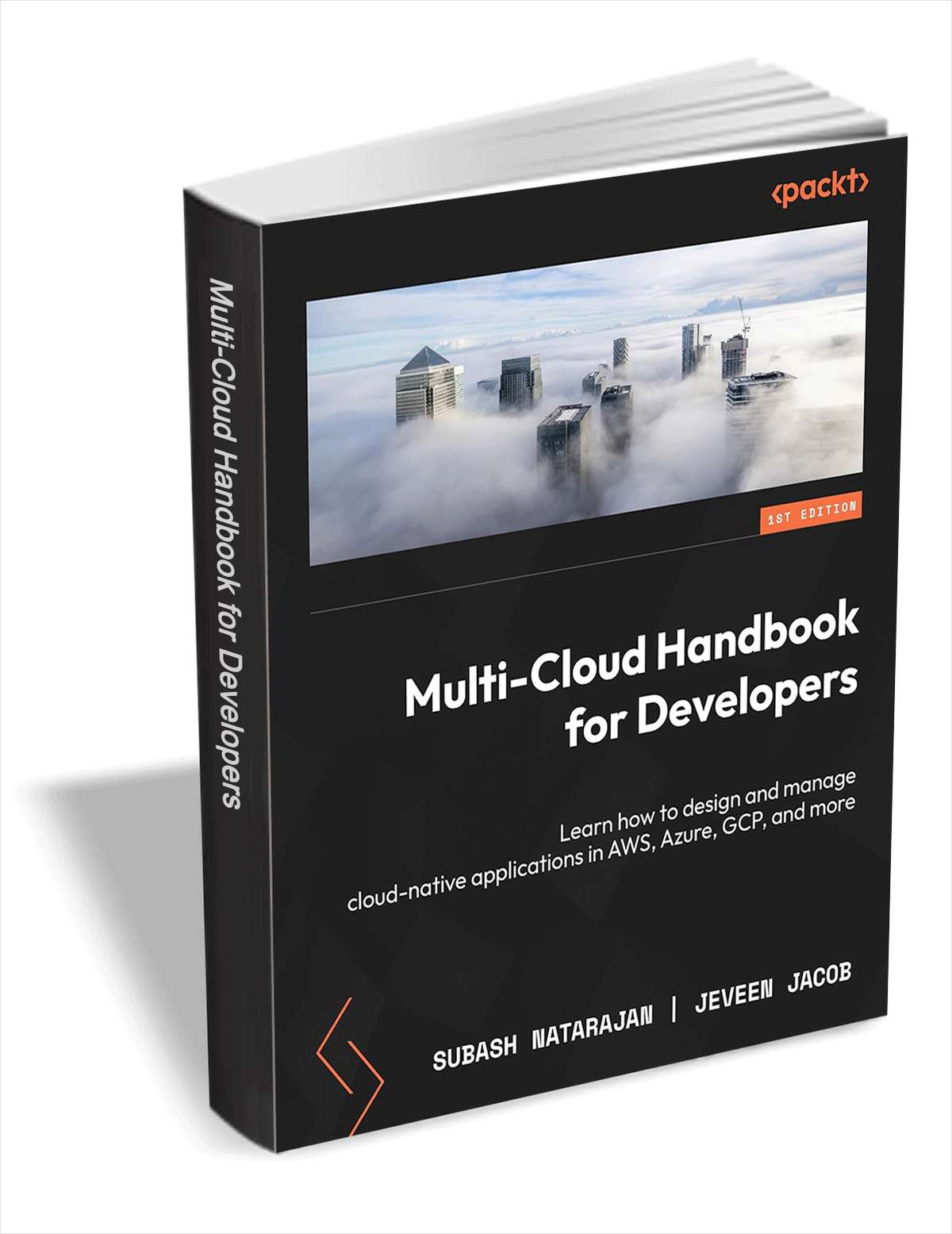
Get 'Multi-Cloud Handbook for Developers' (worth $39.99) for FREE
Unleash the power of cloud computing with Multi-Cloud Handbook for Developers, your guide to mastering the nuances of cloud-native and multi-cloud, covering practical strategies for design, development, and management.
Explore the essential concepts, challenges, and methodologies critical for navigating the complex landscape of modern cloud computing. Using core architectural and design principles (such as microservices and 12-factor architecture) and advanced strategies (such as distributed application design patterns, domain-driven design (DDD), and API-first strategies), you’ll learn how to build portable and efficient apps across various cloud platforms.

Cloud Software Group and Microsoft announce $1.65 billion cloud and AI partnership
Cloud Software Group and Microsoft have announced an eight-year strategic partnership agreement, with Cloud Software Group committing $1.65 billion to Microsoft’s cloud and generative AI capabilities. This collaboration aims to strengthen the Citrix virtual application and desktop platform and develop new cloud and AI solutions with an integrated product roadmap.
Under this partnership, Citrix, a business unit of Cloud Software Group, will be the preferred Microsoft Global Azure Partner solution for Enterprise Desktop as a Service when collaborating with joint Azure customers. The companies will jointly support customer success by offering tailored solutions, expert guidance, and support to accelerate customers’ cloud journeys. Citrix will also leverage Microsoft Azure as its preferred cloud solution, integrating the benefits of the Citrix platform with Azure Virtual Desktop and Windows 365.
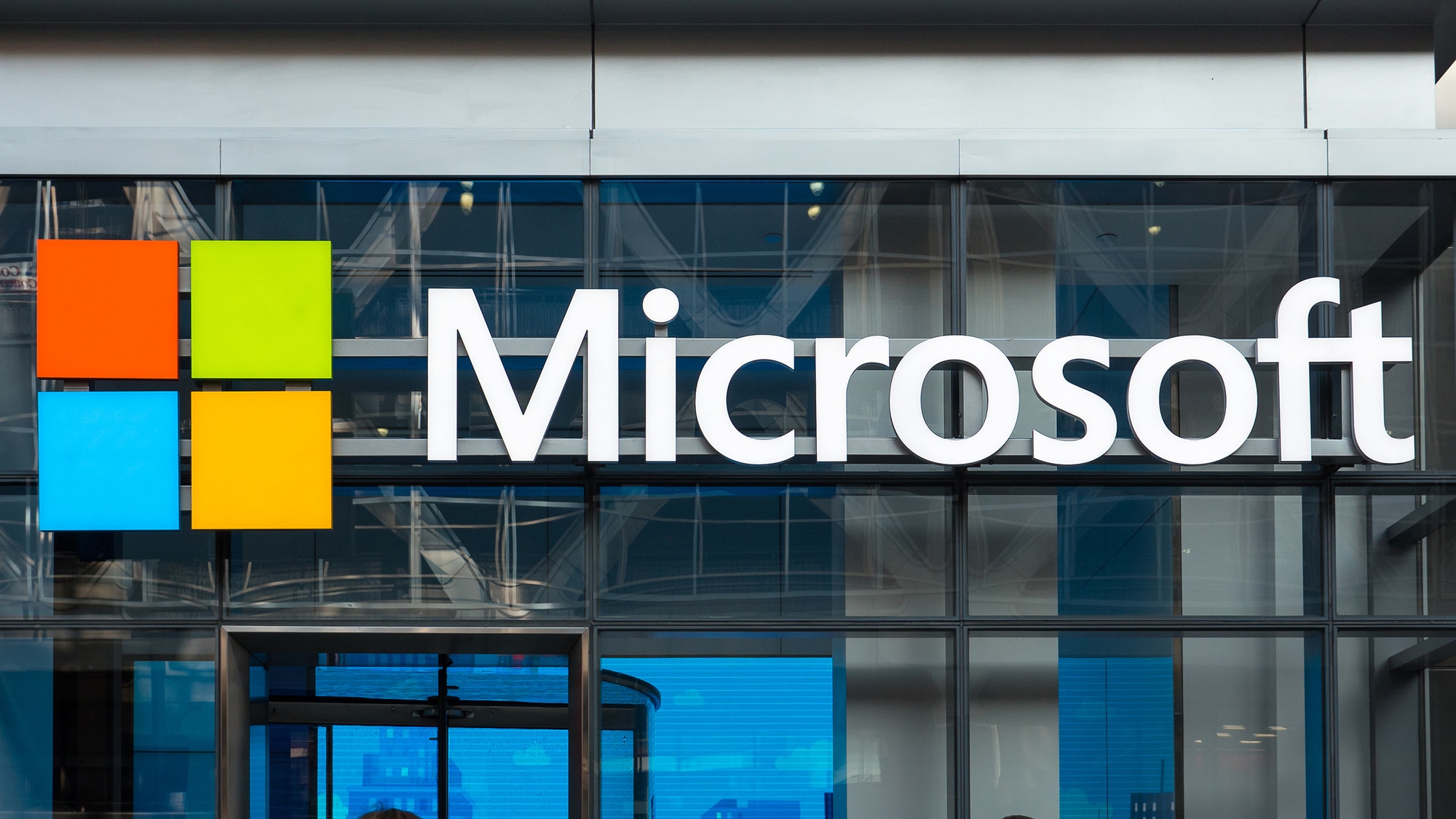
Microsoft cites continuous innovation of Windows 11 and app compatibility improvements as it kills Test Base for Microsoft 365
Microsoft has announced that is it transitioning Test Base for Microsoft 365 to end-of-life in just a few weeks. The EOL process for the service started at the beginning of March and will be complete by the end of May.
As Test Base for Microsoft 365 is not something that everyone will have heard of, Microsoft explains that it is "a cloud-based app testing service on Azure that evaluates the compatibility of applications with new Windows releases or updates". The company has decided that it is no longer needed because so much work has been done with Windows 11 that app compatibility issues are rare.
